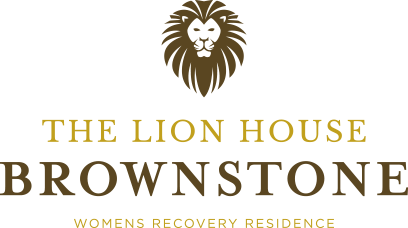Intervening in a person’s path of self-destructive behavior with substance misuse requires equal parts healthy boundaries and compassion. It’s an important action considering that a person deep in addiction has two paths: hit a devastating rock bottom, which can mean dire consequences even death; or receive care or concern from loved ones that can lead to interrupting addiction up to decades earlier. The interventionist’s role is to help family members and loved ones stage an intervention then lead the process of the intervention with their person of concern. It’s a growing and increasingly accessible way to effectively interrupt a pattern of misuse.
Your Impact, Our Help
If you’re currently concerned about a loved one’s misuse of alcohol, don’t dismiss the impact you can have by voicing your concern. Even with years of failed attempts to talk with or help someone, you can clear the slate and try again with the coaching of an interventionist. Interventionists are immersed daily in the dynamics of specific yet common situations where a loved one(s) needs support to reach the person in active addiction.
At Lion House Brownstone, we provide interventionist services that cover the wide range of approaches to meet the person in addiction and their family and loved ones where they’re at. Each situation an interventionist comes into is unique, but there are pathways, goals, support, and outcomes that are adhered to that can and do work with higher success rates over time.
Intervene with Expert Assistance
Addiction thrives in isolation and those experiencing it can act in selfish ways and alienate their loved ones. It’s essential to understand that addiction is a disease, not stemming from a person’s moral failure. Behaviors in active addiction often don’t align with a person’s core values. It can be painful to come to terms with this, but doing so allows everyone to understand the gravity of the disease and better educate themselves on how to tackle it.
Perhaps you, as a friend or family member, may have already distanced yourself from the person in active addiction due to the deep hurt and necessity of setting your own boundaries. You may have tried to intervene and plead with the person to get help on their own, but didn’t feel armed with the right words and tools. If past attempts haven’t worked, seeking a professional interventionist and asking for help is a viable next step for anyone who wants to see someone overcome addiction.
Coming to Terms with Intervention
The term “interventionist” can seem intimidating and drastic. Movies and media depict interventions with drama, futility, and finality. Our approach is to acknowledge everything the term implies, along with all of the scenarios that play out during an intervention. The level of seriousness, action, and compassion that are poured into it can be intensely emotional and challenging. That’s precisely why it can work. For the first time in many cases, the family is able to focus on a process and plan and be fully in a support role, while the interventionist takes the lead.
Take the first step and call 612-889-9182 or email. Nothing needs to be done in advance of this call, it’s an initial conversation to allow a loved one to express concern, frustration, and a desire to help.

